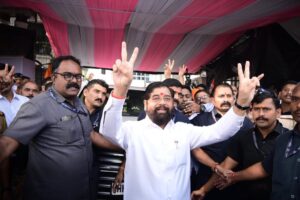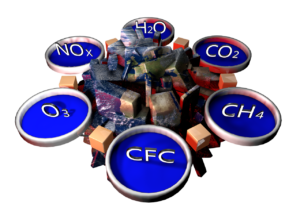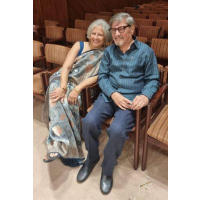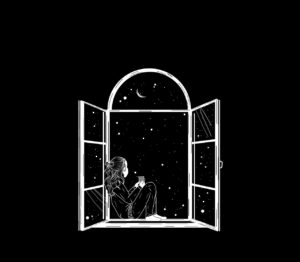
 By G Krishna Mohan Rao*
By G Krishna Mohan Rao*
New Delhi: Nearly five months long Bharat Jodo Yatra (BJY) led by Rahul Gandhi concluded today, with a public rally in Srinagar and the Congress leader gave a call for promoting an “ideology of peace” against the “market of hatred”. Giving his concluding speech on BJY in the valley, Rahul recalled the assassinations of his grandmother and father and urged the people to take inspiration from that to find an alternative to the Rashtriya Swayamsevaj Sangh-Bharatiya Janata Party ideology. He declared that the walk had ended but the mission will continue.
In fact, all through the Yatra, which went through 14 states, Rahul tried hard to stress that he wanted to promote the ideology of peace, not for the Congress Party but for the country. During his 135-day-long yatra, while questioning the political authoritarianism of the ruling elite, he emphasised that the RSS-BJP had crippled the institutional framework in the country besides creating social and communal strife. Highlighting growing inequalities as a result of wrong policies and intentions, Rahul stressed that India’s real strength lay in pluralism.
Summing up the BJY, which began in Kanyakumari on September 7, 2022, Congress leaders believe that it not only revitalised the Congress party but also rebranded Rahul Gandhi. Political pundits say that the Yatra has made a perceptible difference in Rahul’s personal popularity. Earlier, Rahul was caricatured as a non-serious politician and known for his frequent foreign trips even during important events in the country.
Today party leaders feel that the biggest achievement of the yatra is the restoration of the belief that the RSS-BJP hegemony will face resistance at all levels. Many feel that the yatra has smashed the notions of invincibility of the Sangh Parivar. One All India Congress Committee (AICC) office bearer observed that Rahul was emphatic that there was no way forward other than following the Gandhian approach and Constitutional morality and that all have to respect all castes and religions.
During the entire yatra period, Rahul completely refrained from indulging in electoral politics and he avoided the polls in Gujarat. In other words, woven around the lofty objectives of social harmony, national unity, democratic spirit and critical livelihood concerns, the message of the yatra reverberated across the country for five months, drawing out millions of people in curiosity, admiration and support. During the yatra, Rahul also tried to offer hope and voice to the weaker sections and stressed the vitality of constitutionalism.
In fact, Rahul observed at his concluding press meet on Sunday, January 29, 2023, in Srinagar that the Bharat Jodo Yatra was not just a walk but a road map of how India should move forward. Party leaders feel the most tangible outcome as could be gathered through informal conversations with leaders and party workers is the new stature Rahul Gandhi has acquired within the Congress. While the lingering doubts about his abilities and dedication disappeared during the 3,570 km padayatra, his relationship with the people of India is being seen as evolved during these 135 days, feel the party men.
The yatra also showcased the organisational skills of the Congress Party – both on the ground and the social media. However, the real acid test for Rahul and Congress will be the next round of assembly elections. Karnataka is going to polls in May this year and the election would really be a challenge for the party president Mallikharjun Kharge, who belongs to Karnataka.
Further, the party has to hold on to Rajasthan and Chhattisgarh, where it is in power other than Himachal Pradesh. Madhya Pradesh and Telangana are also going to polls later this year along with Rajasthan and Chattisgarh. Winning and retaining the states would be a moral booster for the party and cadres and make them ready for the finals, that is 2024 Lok Sabha polls.
*Senior journalist





